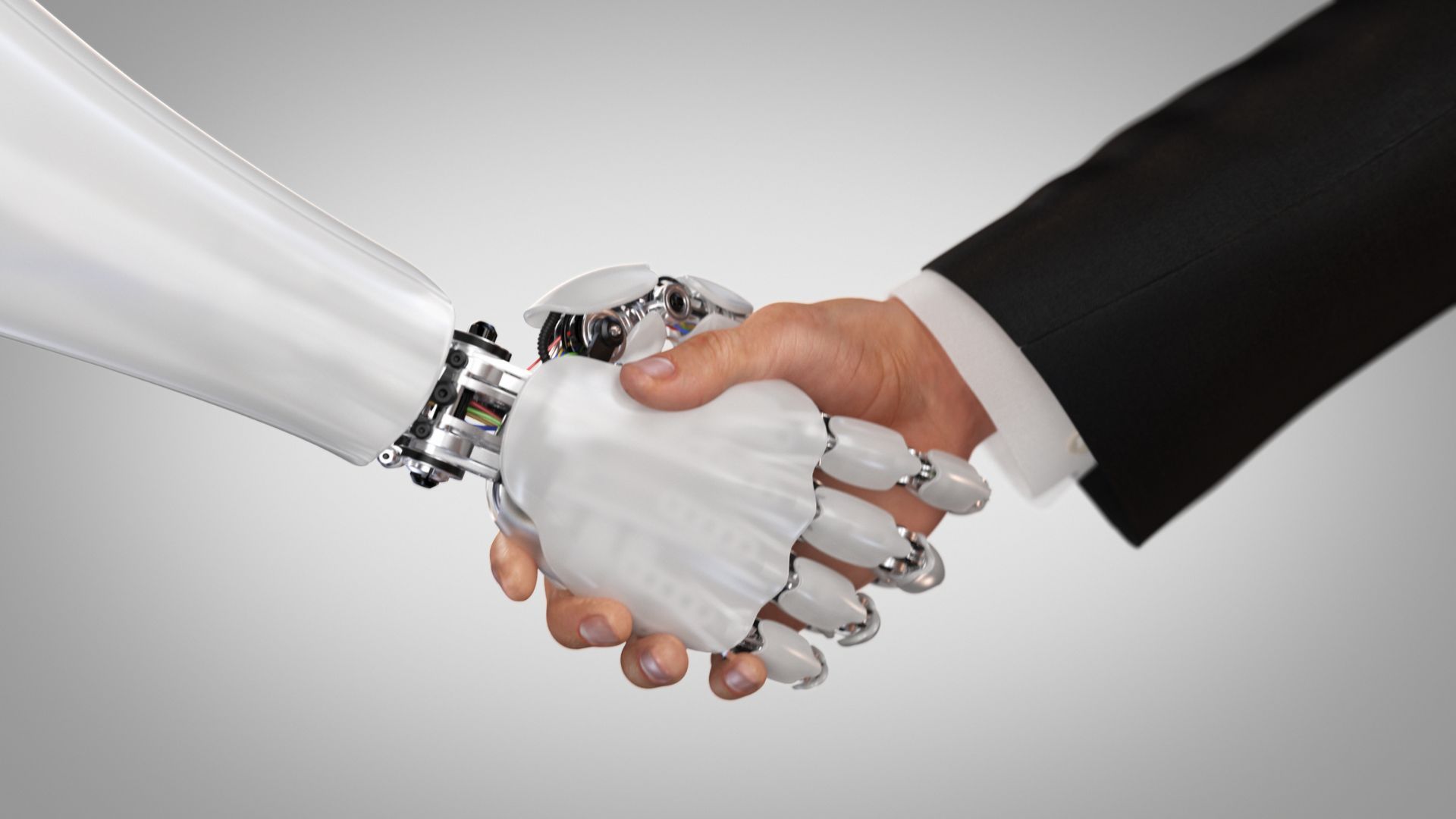Reinventing Yourself in the midst of a Global Pandemic
Catherine Darbyshire • November 4, 2021

It was a long, lonely journey when my grandfather migrated to Australia in 1963 from a small town named Rofrano in Italy. He left his life as a subsistence farmer and took on a journey for months across sea in search for opportunities for his family and the generations to follow. It wasn’t easy arriving with no education, four pounds in his pocket and a debt for the ship ticket that brought him to Melbourne, however he had a dream for a better life and an opportunity to reinvent himself.
Four years later, my grandmother (who was my grandfather’s next door neighbour in Italy), boarded a ship to tie the knot with my grandfather in Melbourne and start a new life. My grandparents found multiple jobs in Australia with their limited English, which included cleaning shopping arcades, distributing and delivering parcels, sewing, and working at a fruit market. They worked tirelessly and would fit in a quick nap between jobs and were able to retire early, as they had set up a successful future for their children and grandchildren.
I am recounting this personal history of my grandparents, to remind us that despite the tough times that we have faced over 2020 and 2021, an ideal opportunity for reinvention has arisen.
Many have reflected considerably on what is important to them and what passion drives them. Maybe you have recently considered a career change or the industry in which you work may have been heavily impacted by COVID-19.
Well, this is your sign to jump on board that ship and take ownership of your future self.
Choosing a career path
It might help to ask yourself the following:
- What salary do I require to maintain my lifestyle?
- What positions and industries will provide stability?
- Is career progression important to me and if so, what would that look like?
- Do I have a passion which I would like to further explore?
I encourage you to write these down as this will help you find your ‘why’ which will in turn, guide you to find your ‘where to next’.
Have realistic salary expectations
- It is important to consider that salary is reflected by your level of experience, qualifications and skillset.
- Keep in mind that the industry you are moving into has its own pay scale.
- To gain an understanding of the industry standard, I would recommend using an online resource such as people2people’s very own
salarysiite
- Ensure your expectations are reasonable, and consider other benefits such as leave entitlements, allowances, discounts, and flexible working arrangements.
Upskill and present well
If you have been working in a different environment to the one you may wish to enter (eg. you have been a flight attendant and looking for an office job), then you may want to upskill yourself in that area.
It is common for organisations to request testing during the recruitment process which could include spelling, typing, or the use of the Microsoft suite. Gain some practice by using free testing tools online, or enrol in a short course. This will also demonstrate that you have a ‘growth mindset’ and are willing to adapt and upskill, something for which a lot of organisations look.
When it comes to presentation, dress for the job you want. If you are looking to enter the corporate realm for example, ensure that you are dressed professionally. First impressions still count, even when interviewing remotely.
Apply!
The initial first step into a role within a new industry can often be difficult and daunting. By applying for multiple jobs at a time, this will increase your chances and success in gaining recognition.
Recruitment Consultants can assist you in this process by bridging the gap between hiring managers viewing your CV as a ‘piece of paper’ and gaining an insight of who you are as a human being. Recruitment Consultants can also support job seekers with preparation and coaching for interviews and provide suggestions for roles which you may never have considered.
Taking the leap
Landing the dream job can take some time and effort, however rest assured that this is an ideal time to reinvent yourself as we enter a new era. With organisations providing flexible working conditions and finding new ways to attract and retain talented professionals, many employers are becoming more open to those wanting to transition from other industries.
Just like my grandparents as they took the journey to move to Australia, it can be daunting in the beginning as you enter a new territory. There will be things to learn, and it can take some hard work. Although one day you may look back and thank yourself that you took this leap of faith. I know that I am eternally grateful that my grandparents did.
Find the job you love I Find the right talent
Get in touch with people2people
Australia
I
United Kingdom
In business since 2002 in Australia, NZ, and the United Kingdom, people2people is an award-winning recruitment agency with people at our heart. With over 12 offices, we specialise in accounting and finance, business support, education, executive, government, HR, legal, marketing and digital, property, sales, supply chain, and technology sectors. As the proud recipients of the 2024 Outstanding Large Agency and Excellence in Candidate Care Awards, we are dedicated to helping businesses achieve success through a people-first approach.






